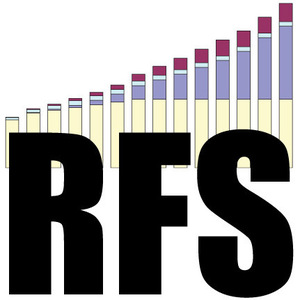US EPA delivers proposed 2019 RFS volumes to White House OMB

May 14, 2018
BY Erin Krueger
On May 11, the U.S. EPA delivered its proposed rule to set the 2019 Renewable Fuel Standard blending obligations to the White House Office of Management and Budget. OMB review marks a final step before the proposal is released for public comment.
The proposed rule includes 2019 renewable volume obligations (RVOs) for cellulosic biofuel, advanced biofuel and total renewable fuel. It also includes a proposed 2020 RVO for biomass-based diesel. The 2019 RVO for biomass-based diesel was finalized last year.
According to information posted to the OMB’s website, the notice of proposed rulemaking is currently expected to be released in June, with the rule scheduled to be finalized in December.
Under statute, RVOs for cellulosic biofuel, advanced biofuel and total renewable fuel must be finalized by Nov. 30 of the year prior to the year in which the RVOs apply. RVOs for biomass-based diesel must be set at least 14 months before the year in which the requirements would apply.
Advertisement
Advertisement
Advertisement
Advertisement
Related Stories
The USDA has announced it will delay opening the first quarterly grant application window for FY 2026 REAP funding. The agency cited both an application backlog and the need to disincentivize solar projects as reasons for the delay.
CoBank’s latest quarterly research report, released July 10, highlights current uncertainty around the implementation of three biofuel policies, RFS RVOs, small refinery exemptions (SREs) and the 45Z clean fuels production tax credit.
The U.S. EPA on July 8 hosted virtual public hearing to gather input on the agency’s recently released proposed rule to set 2026 and 2027 RFS RVOs. Members of the biofuel industry were among those to offer testimony during the event.
The USDA’s Risk Management Agency is implementing multiple changes to the Camelina pilot insurance program for the 2026 and succeeding crop years. The changes will expand coverage options and provide greater flexibility for producers.
President Trump on July 4 signed the “One Big Beautiful Bill Act.” The legislation extends and updates the 45Z credit and revives a tax credit benefiting small biodiesel producers but repeals several other bioenergy-related tax incentives.
Upcoming Events










